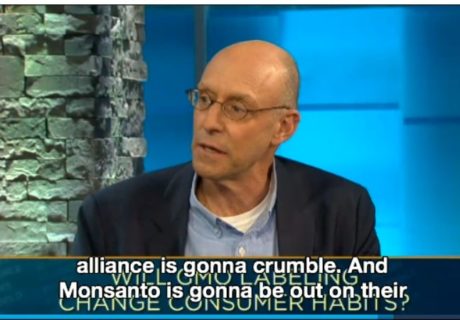The Advertising Standards Agency (ASA) is failing to protect children from manipulative junk food marketers and “does not properly understand the digital world properly”.
That’s the conclusion of a new report from the Children’s Food Campaign.
Its Through the Looking Glass report asserts that two years from extending the non-broadcast advertising rules to cover websites and social media, the ASA is failing to get to grips with its new role leaving. The result, says the report, is that food companies are continuing to exploit loopholes and advertise junk foods to children online, even though stronger broadcasting regulations prevent such advertising on children’s television.
The Campaign has also called regulator’s approach “inconsistent, secretive and biased towards companies with the money and time to challenge rulings”.
More fundamentally, it says the ASA simply doesn’t understand the digital world well enough to meet its own regulatory remit. Because of this advertisers are successfully steering their way around regulations that are meant to prevent that that advertising of junk food to children by:
• using websites to host TV ads that would not be allowed on TV
• feature child-friendly brand characters
• use ‘advergames’ that encourage children to eat junk food
• use digital platforms to make misleading health or nutrition claims on sugary products
In a statement the ASA said: “We share CFC’s reasonable concerns about protecting children; that sits at the heart of our work and the Advertising Codes. But we are on a different page in terms of where we think the line should be drawn. The advertising food rules surrounding children are deliberately strict, but proportionate and based on the best available evidence.
“Advertising self-regulation has a 50 year history of responding effectively and adapting to meet new challenges, such as online and digital. The rules have been tightened in response to evidence, including those for food, and we continue to monitor how they are working so that advertising remains responsible and children continue to be protected.”




